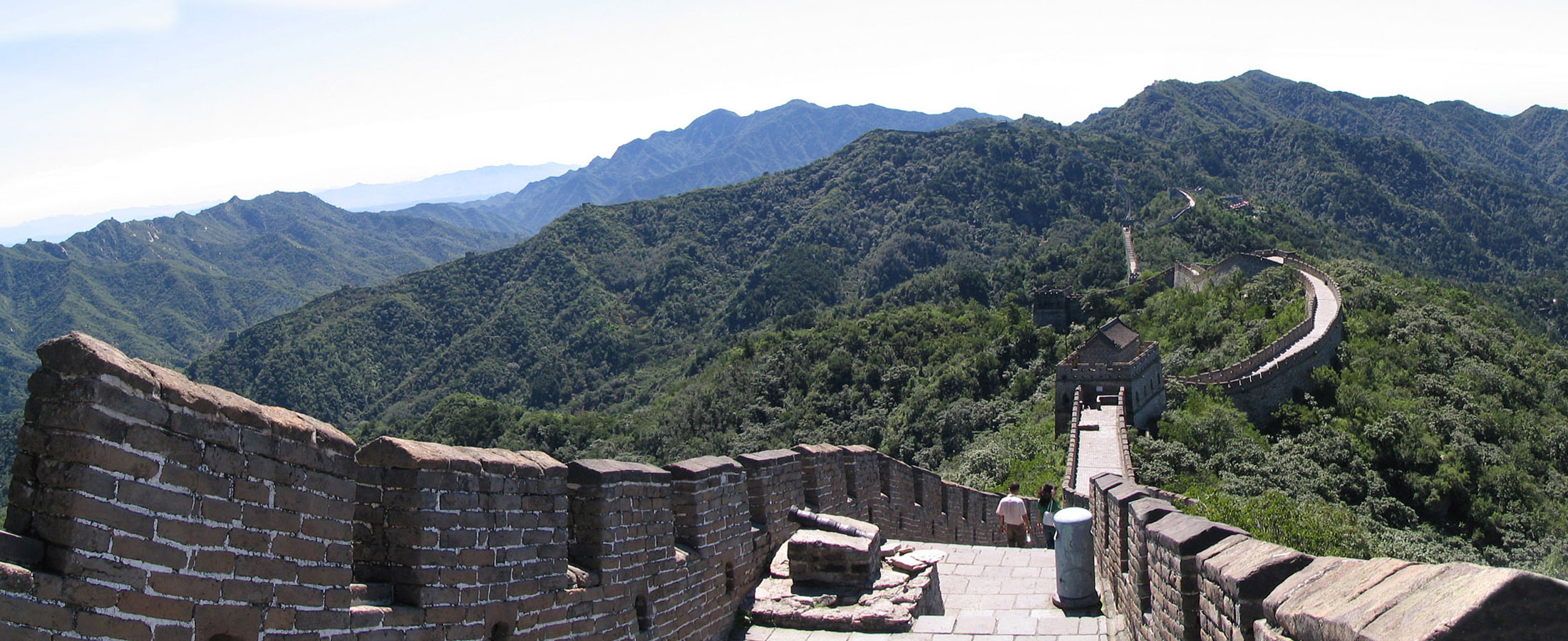The Dragon in Africa – Emerging Powers and Shifts in Development Aid
30. January 2012Does the advent of Emerging Powers change the landscape of development aid? A closer look on China’s role as aid donor sheds light onto a […]
Read MoreDoes the advent of Emerging Powers change the landscape of development aid? A closer look on China’s role as aid donor sheds light onto a […]
Read MoreBewerbung für einjährigen entwicklungspolitischen Freiwilligendienst in Bangaldesch ab August 2012 ist in den Arbeitsbereichen (u.a.) Dokumentation, Forschung, Bildungsarbeit mit der NGO NETZ bis 15.12.2011 möglich.
Read MoreWhen Asian leaders convene in November to hold the sixth East Asia Summit (EAS) in Bali, presidents Dmitry Medvedev and Barack Obama will be representing […]
Read MoreViele Länder Südostasiens befinden sich noch Jahrzehnte nach ihrer Entkolonialisierung in einem „Graubereich zwischen Demokratie und Diktatur”. Dieser Artikel gibt einen Überblick über die steinigen […]
Read MoreThe disbursing of small credit amounts is hailed as prime pathway out of poverty. But is it really? The case for their high interest rates is poor, the claim of high repayment rates doubtful. I found many former customers entrapped in a vicious cycle of loans. Lastly, micro-credit loans played their part in changing the consumption pattern of rural people, and, in passing, reshaped their life style by integrating them with the international capitalist system.
Read MoreNepal has increasingly become a place of great power competition between its neighbors India and China. Both the decision not to allow the Tibetan refugee population to vote for its government-in-exile in March of this year and the recent visit of the Chinese army chief who promised a military aid package worth $19 million indicate strong Chinese presence. As India moves to counter Chinese actions, political progress in Nepal will be undermined.
Read MoreEs ist ein Thema, das in den aktuellen medialen Wirren um die Dissertation ehemaliger Verteidigungsminister und die international auf Nordafrika fokussierte Aufmerksamkeit fast unterzugehen scheint: […]
Read More
To submit an article, for questions and ideas for the section “South & East Asia”, please contact:
Thai Linh is Regional Co-Director for Asia-Pacific.
Thai Linh holds a graduate degree in Development Economics from the Friedrich-Alexander-University of Erlangen-Nürnberg. Her interest in international economics and political economy sparked her primary research on the financial markets and the US-China trade war. Prior to her graduate studies, she gained a wide range of professional experiences in both public and private sectors. Thai Linh’s undergraduate major was in international relations with a focus on the rise of China and Asia’s middle powers. She went on exchange at the Yonsei University in Seoul as part of her studies and hosted her own talk show in the form of internet radio broadcast on campus. Growing up in Hanoi, Seoul, and Berlin, Thai Linh speaks Vietnamese, English, German and Korean.
Alexandra is currently pursuing a double degree in Economics, Political Science, and English at the University of Heidelberg, the University of Bristol, and Leiden University.
She has worked as a research assistant at the FEST Heidelberg, with a focus on conflict research and the changes to European defense policies as a result of the Russo-Ukrainian War, and as a tutor for statistics at the Institute of Political Science in Heidelberg. She is on the board of the Heidelberg MUN Society, where she is responsible for finance and member administration. During her time in the United Kingdom, she has volunteered in the preservation and study of historic monuments through the English Heritage Trust.
She speaks German, English, French, Spanish and Dutch.